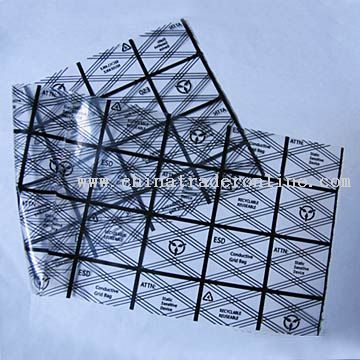I received a replacement hard drive today by UPS and this is how it was packaged. The drive is in a hard plastic shell with a pack of silicate gel. It is not in an anti-static bag, just the plastic shell. The drive was packaged in the center of the box covered in packing peanuts top, bottom, and sides. I pulled it to the surface of the peanuts for two photos. It seemed tight before I opened it.
Should it have been in an anti-static bag?


Should it have been in an anti-static bag?


![[H]ard|Forum](/styles/hardforum/xenforo/logo_dark.png)



